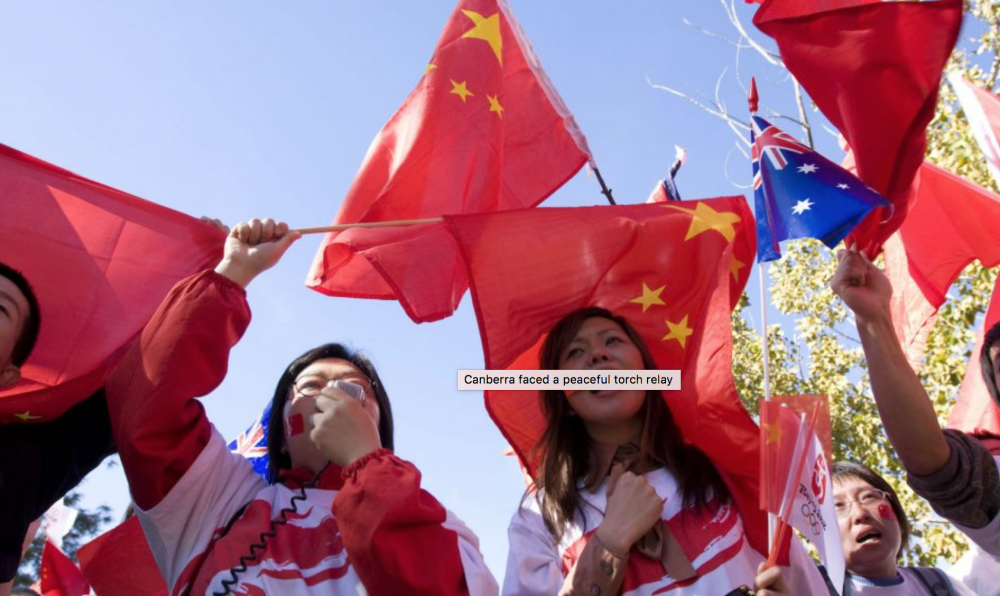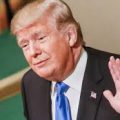In Australia, Beijing’s power is exercised through a complex mix of influence-peddling, political donations, infrastructure development, agricultural purchases, media influence (both in Mandarin and English), oversight of Chinese students and plain espionage, Helen Clark writes. China is increasingly important to the Australian economy, but the terms of exchange are under growing scrutiny, including the largely misunderstood notion of China’s exercise of so-called “soft power.” As China’s influence grows, there is little that resembles traditional concepts of soft power, or overtures that entice others to voluntarily adopt a common viewpoint. That was witnessed in Foreign Minister Julie Bishop’s warning this week to Chinese students enrolled at Australian universities to respect others’ freedom of speech after a series of incidents pitting students versus professors on touchy territorial issues related to China.
http://www.atimes.com/article/chinas-soft-power-turns-hard-australia/?utm_source=The+Daily+Brief&utm_campaign=b654380f3f-EMAIL_CAMPAIGN_2017_10_17&utm_medium=email&utm_term=0_1f8bca137f-b654380f3f-16239655

Share



















Lascia un commento